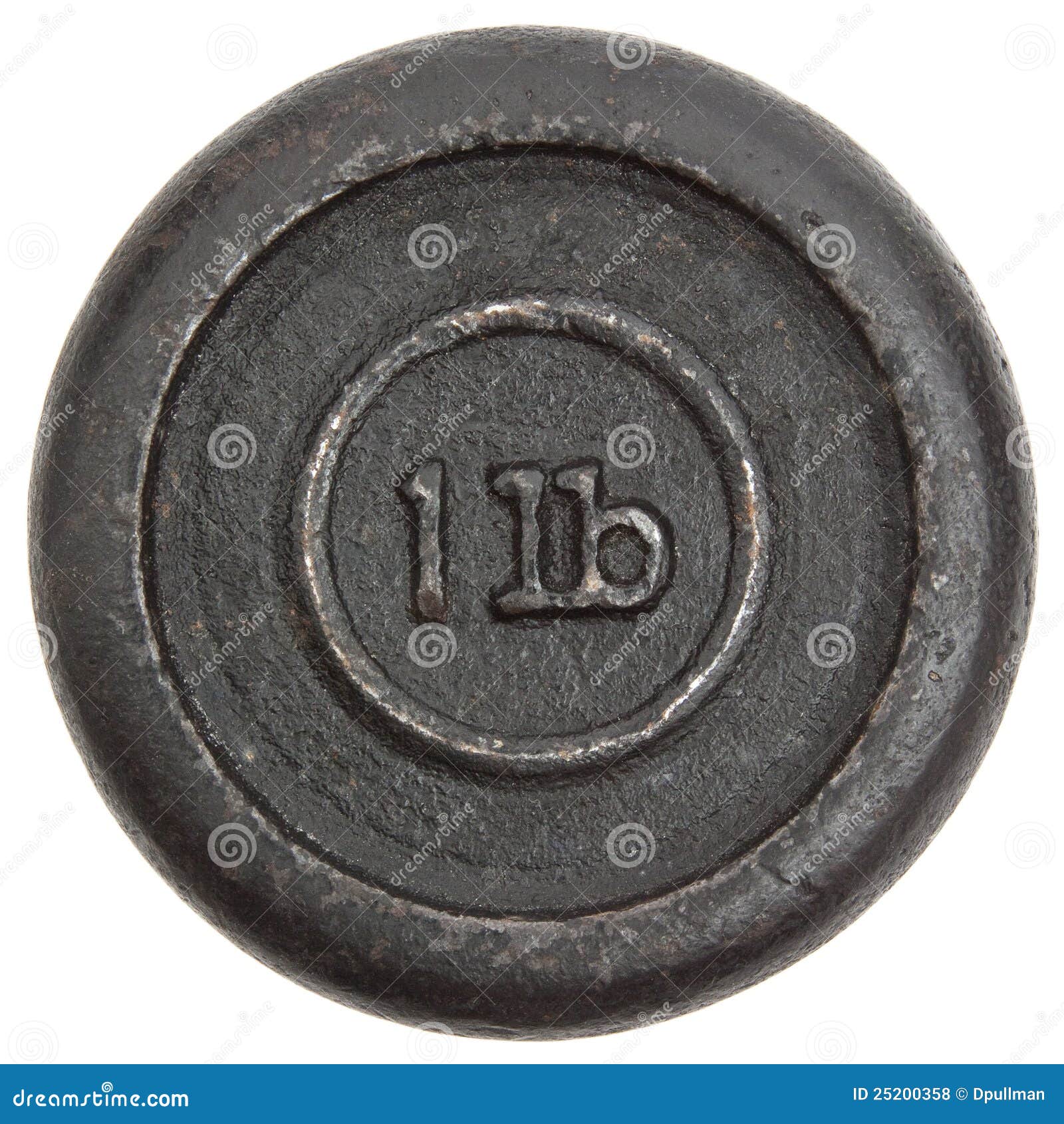winstonoboogie
Active Member
- Joined
- Dec 8, 2012
- Messages
- 541
- Reaction score
- 1
How old was this article? There are 13 unaccepteds left either waiting at the factory, in-transit, or sitting in the testing line. Out of 40 units total. They've plowed through 40% of the acceptances in 3-1/2 months, and are 1 accepted unit away from the 70% mark on this order. They might be done before Labor Day at this pace, which is more than you can say for the Rotem refugee camp in Rhode Island. They have already achieved full replacement numbers for retirement of the F40PH Screamers and all other wreck victims and early retirements from the last 22 years combined, have knocked out the first GP40MC retirement, and are now sizing up the strongest and weakest of the remaining Geeps to see which 12-15 units stay and which 8-12 go.
Old news. Months old news. And no longer the least bit accurate news.
While they have continued accepting HSPs, the number actually on trains each day has been considerably lower than the number accepted and "active". Remember, the netransit snapshot of locomotive assignments includes units out for inspections or minor repairs, the number actually on trains is lower. Of the 27 accepted to date, on Wednesday the 10th, 3 were working northside trains (2024, 2026, and 2033) while 12 were on south side trains (2001, 2003, 2006, 2010, 2012, 2013, 2021, 2027, 2031, 2032, 2034, and 2037). The other 12 active units were either at the P&W for repairs covered by warranty or at BET for inspections or minor repairs. On Tuesday, they were actually short a loco on the south side and had no spare set.
Part of the problem has been Keolis keeping up with inspections and training. This is the quote from the Globe article on Tuesday:
"Only 23 of the 40 locomotives are in service. But because the locomotives have components that are new, complex, and unfamiliar to employees, required inspections are taking longer, according to T spokesman Joe Pesaturo.
In some cases, the older power cables that connect the locomotive to the coaches caused electrical problems that workers were encountering “several times a week,” Pesaturo said."
The Rotem mods have been moving along as planned, 47 are done and in service, 14 are in Rhode Island, and 14 more (12 in service, 2 out of service) remain to go through the mods. There are only two 1800s in service (1811 and 1827) that haven't been through the mods yet.


